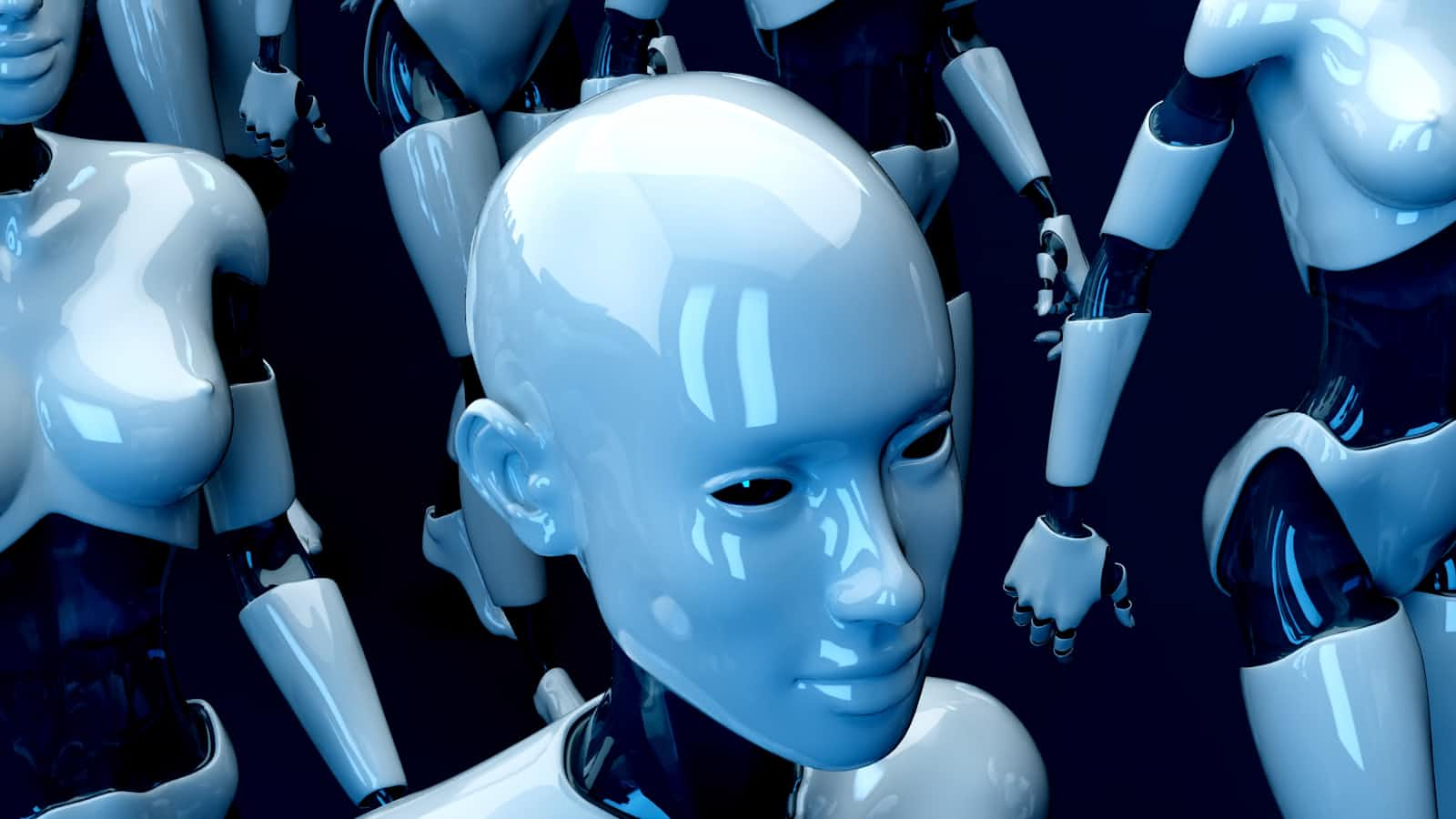Are We Headed Toward the Next Threat, Bigger Than a Nuclear Bomb?
 Manyue javvadi
Manyue javvadi
When the first atomic bomb, "Little Boy," was dropped on Hiroshima, and the second, "Fat Man," devastated Nagasaki, the world changed forever. Now, as we look to the present and future, we must ask: is there a threat looming even greater than nuclear warfare? I believe we’ve reached a point where we need to question innovation itself and reconsider its role in advancing—or destroying—humankind.
Innovation, no doubt, is everywhere. It's no longer about bridging gaps or overcoming hurdles; it’s accessible in every corner of the world. But with each breakthrough, I wonder if we're unknowingly marching toward our own undoing. Could this innovation hurt us in ways as profound as Hiroshima and Nagasaki? At what cost are we pushing forward, and do we even need these innovations?
I’m talking about AI.
Let’s be clear: I’m not here to win over everyone, nor to engage with the naysayers. I’m speaking to those who see the validity in this concern, are ready to take AI seriously and ask the hard questions that others might avoid. This isn’t about losing a software job or a data analyst role. It’s about something much bigger.
Key Questions to Reflect On:
Do we really need:
AI monitoring and evaluating children's concentration in classrooms?
In China, headbands that monitor students’ focus levels are being tested, sending real-time data to teachers about who’s paying attention and who’s not. Are we really prepared to let machines evaluate children’s brain activity in such a controlling way? At what cost are we sacrificing privacy and freedom in the name of productivity?A tool that can merge two photos into a realistic video?
Deepfake technology is now capable of generating convincing fake videos, blurring the lines between reality and fiction. In a world where misinformation is already rampant, can we trust anything we see anymore?AI-powered surveillance systems that monitor our every move?
As AI surveillance becomes more prevalent, we're giving up more than just privacy—we're allowing the normalization of constant monitoring. Are we comfortable living in a society where our every move is tracked and analyzed by machines?Robo-taxis and self-driving vans taking over transportation?
A robotaxi might charge you $5 while Uber costs $10. To save a few dollars, are we willing to erase entire industries? Should we prioritize convenience over human jobs, especially when alternatives like public transport already exist?AI-powered military drones and autonomous weapons?
With autonomous AI in control of military drones, we’re giving machines the power to make life-or-death decisions. Are we heading toward a future where war is waged without human oversight?
Every technological revolution displaces workers. When cars replaced horse-drawn carts, drivers adapted by learning to drive. But today, we’re not talking about adaptation. We’re talking about entire livelihoods being erased.
Are we really making the world more livable by taking away people's livelihoods? Is saving a few dollars or speeding up service worth halving the number of jobs in customer service or drive-thru order-taking?
A Moment of Reflection:
We’re at a crossroads. Should innovation be about human progress, or are we letting it undermine the very foundation of human society? Is AI a solution, or are we unintentionally walking into the next Hiroshima?
What do you think?
It’s no longer enough to just ask these questions. The time for action is now. We must establish strong policies, ethical frameworks, and governing bodies before AI’s rapid growth leads to irreversible consequences.
#PrioritizeHumanity #StopUnnecessaryInnovations #HumanLivelihoodsFirst
Subscribe to my newsletter
Read articles from Manyue javvadi directly inside your inbox. Subscribe to the newsletter, and don't miss out.
Written by

Manyue javvadi
Manyue javvadi
Business Undergraduate |Ex-Software Engineer |Machine Learning Student |Interested In NLP |Creating New NLP Product for Retail and Hospitality Industry.